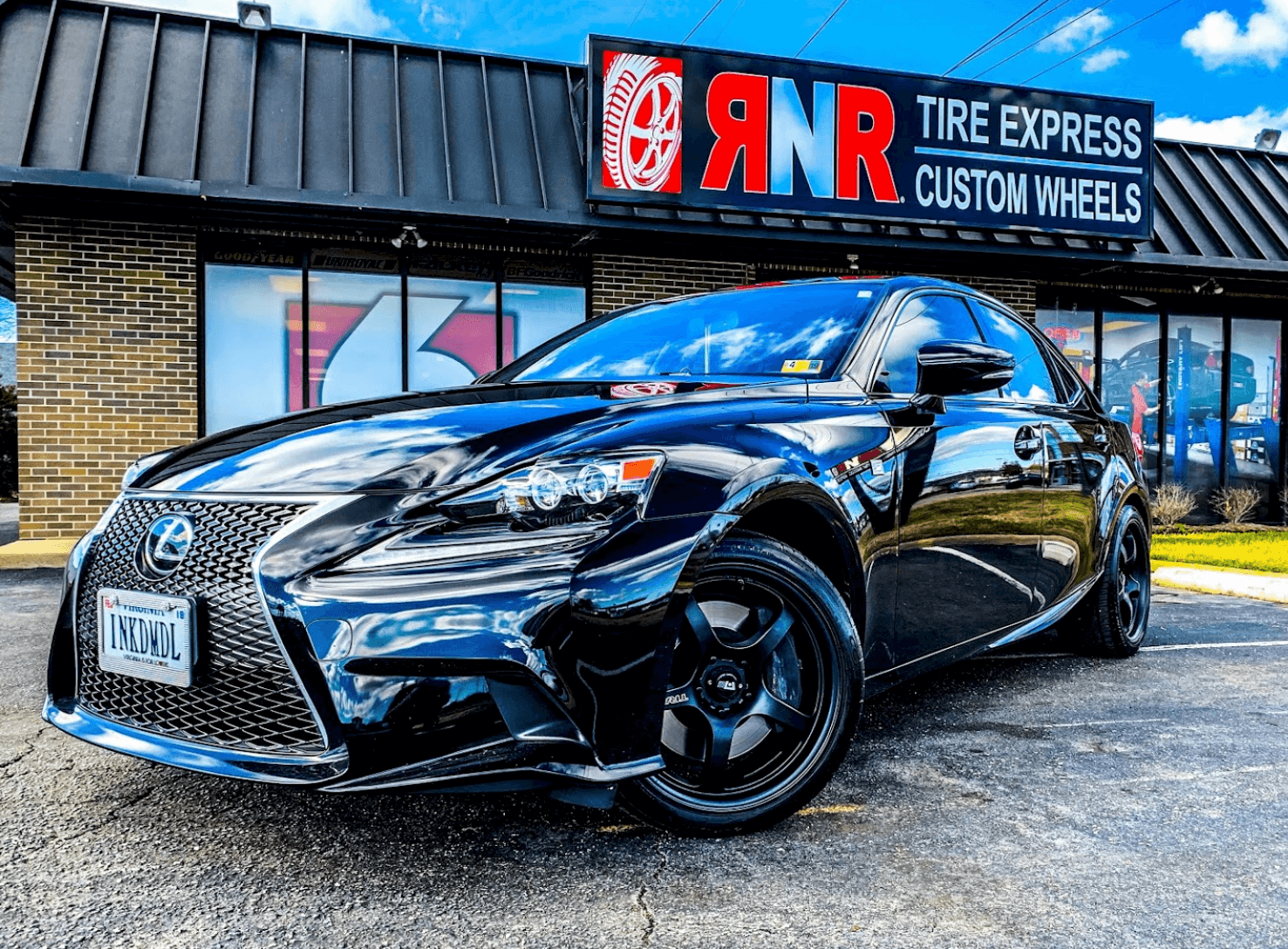Tire Service: Recognizing Tire Stress Surveillance Systems
Recognizing Tire Pressure Tracking Equipments (TPMS) is an important facet of maintaining ideal vehicle performance and safety on the road. With advancements in vehicle modern technology, TPMS has come to be a typical attribute in modern lorries, offering real-time information on tire stress levels.

Significance of TPMS
The value of Tire Stress Monitoring Solutions (TPMS) hinges on their capacity to enhance car security and efficiency via real-time surveillance of tire pressure levels. Keeping the correct tire pressure is important for making certain optimal handling, braking, and general security of an automobile. TPMS supplies vehicle drivers with immediate feedback on any underinflated or overinflated tires, permitting timely modifications to be made.
Elements of TPMS
Sensors are normally situated in the tire valve stem or affixed to the wheel setting up, where they determine tire pressure and transmit information to the control component. Some advanced TPMS models also show the actual tire pressure readings for each tire, providing chauffeurs with real-time information to guarantee ideal tire performance and security. By keeping an eye on tire stress constantly, TPMS assists stop mishaps, minimizes tire wear, and enhances fuel efficiency, making it a vital element for car security and performance. mopar tire service specials.
Types of TPMS

On the various other hand, indirect TPMS counts on the lorry's wheel rate sensing units to check tire pressure. This system identifies underinflation by comparing the rotational speeds of the wheels. Indirect TPMS is less costly than direct TPMS, as it utilizes existing sensing units within the vehicle.
While straight TPMS supplies a lot more exact readings, indirect TPMS is less complex in design and commonly requires much less maintenance. Both systems have their limitations and advantages, and the selection between them commonly depends on elements such as price, vehicle make, and personal choice. Recognizing the differences between these 2 types of TPMS can assist automobile proprietors make informed decisions pertaining to tire upkeep and safety.
TPMS Maintenance Tips
Efficient upkeep of TPMS is important for making sure optimum performance and safety of your car. Routinely checking the TPMS sensing units for any damage or rust is critical. Source Ensure that the sensors are free and clean from particles that can interfere with their functioning. Furthermore, it is a good idea to examine the sensing unit batteries occasionally and change them as needed to guarantee accurate readings. Conduct routine checks on link the tire pressure degrees and contrast them with the TPMS readings to ensure they correspond. Rectify the system adhering to the supplier's standards if there are any kind of inconsistencies. During tire rotation or substitute, make certain that the TPMS elements are handled carefully to protect against any type of potential damage. If the TPMS cautioning light illuminates on the dashboard, attend to the issue quickly by inspecting the tire stress and the general system for any kind of faults. By adhering to these upkeep pointers, you can prolong the life expectancy of your TPMS and improve the safety and security of your driving experience.
Advantages of Appropriate Tire Pressure
Maintaining proper tire stress, as emphasized in TPMS Upkeep Tips, is important for reaping the countless benefits linked with optimum tire pressure levels. In addition, appropriate tire pressure ensures even tire wear, prolonging the lifespan of the tires and promoting safer driving conditions. In verdict, the advantages of correct tire stress go these details beyond just tire longevity; they include improved gas effectiveness, boosted safety and security, much better car efficiency, and general driving comfort.
Conclusion
To conclude, recognizing tire pressure surveillance systems (TPMS) is crucial for preserving optimum tire stress and making sure car safety and security. By acknowledging the relevance of TPMS, recognizing with its parts, knowing the different kinds available, sticking to appropriate maintenance tips, and recognizing the advantages of maintaining proper tire stress, vehicle drivers can improve their driving experience and lengthen the life expectancy of their tires. Appropriate tire pressure is vital to reliable and risk-free car procedure.
